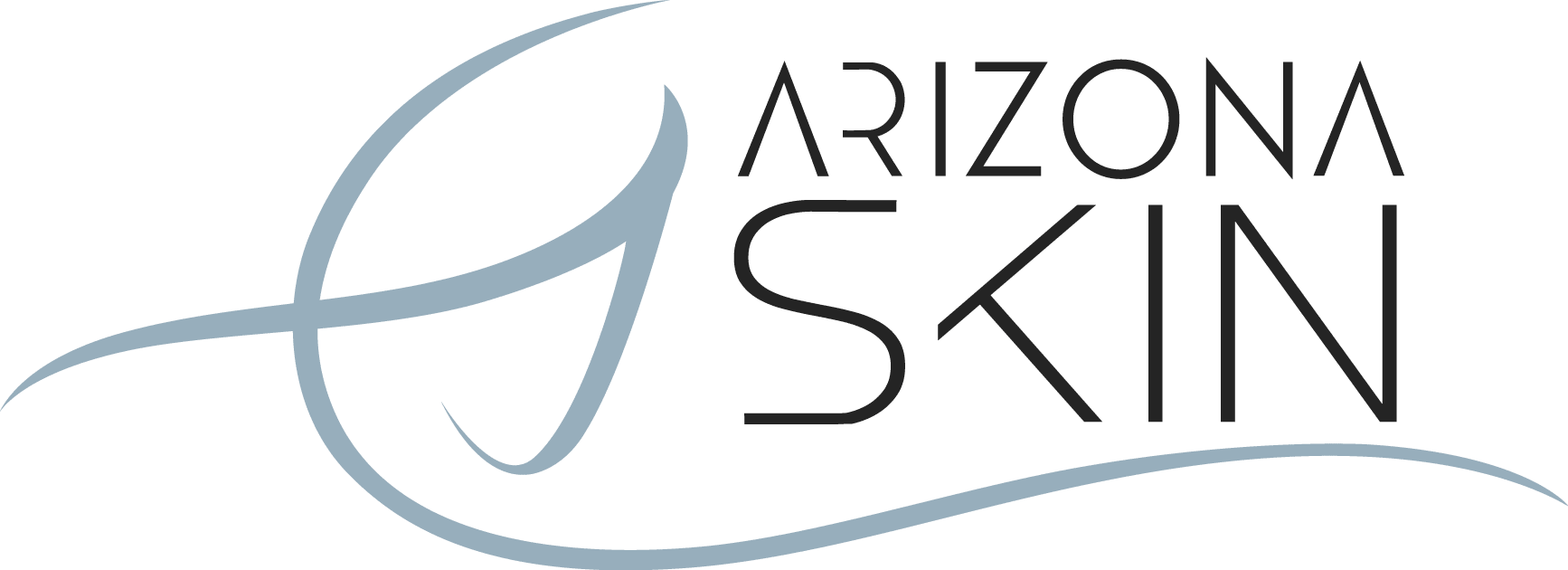Acne, a common skin condition affecting people of all ages, can be a persistent and frustrating challenge for many. As we navigate the complexities of skincare, understanding effective acne treatments and prevention strategies is key to achieving and maintaining clear skin. This comprehensive guide will delve into various aspects of acne, exploring proven treatments and proactive measures to keep those pesky breakouts at bay.
Acne is a skin condition characterized by the presence of pimples, blackheads, whiteheads, and, in severe cases, cysts and nodules. It primarily occurs when hair follicles become clogged with oil and dead skin cells, creating an environment conducive to bacterial growth. While genetics and hormonal fluctuations play pivotal roles in acne development, external factors such as diet, stress, and skincare habits also contribute.
Acne Treatments
Topical Treatments
Topical treatments serve as frontline warriors in the battle against acne, offering targeted solutions for individuals seeking clearer skin. Widely available over-the-counter options often feature ingredients like benzoyl peroxide, salicylic acid, and alpha hydroxy acids (AHAs), which work synergistically to unclog pores, reduce inflammation, and encourage the turnover of skin cells. These formulations are particularly effective for mild to moderate acne. For more severe cases, dermatologists may prescribe potent prescription-strength topicals, such as retinoids, which play a crucial role in regulating skin cell turnover and preventing the formation of new acne lesions. The versatility and accessibility of topical treatments make them a fundamental component of acne management, providing users with a proactive and effective means to combat the challenges of this common skin condition.
Oral Medications
In cases where topical treatments prove insufficient, oral medications may be recommended. Antibiotics, hormonal pills (for females), and oral contraceptives are commonly prescribed to target bacteria, regulate hormones, and manage inflammation. Isotretinoin, a powerful oral medication derived from vitamin A, is reserved for severe, resistant acne cases.
Procedural Interventions
Professional dermatological interventions provide effective solutions for stubborn acne. Procedures like chemical peels, microdermabrasion, and laser therapy can target acne-prone areas, promoting skin renewal, and reducing the appearance of scars.
Extraction & Corticosteroid Injections
Dermatologists may perform extractions to remove stubborn blackheads and whiteheads. Corticosteroid injections are employed for large, painful cysts, effectively reducing inflammation, and accelerating healing.
Acne Prevention
Effective Cleansing Routine
Establishing an effective cleansing routine is a fundamental step in the proactive treatment of acne, forming the cornerstone of a clear skin strategy. Regular and gentle cleansing, ideally twice a day, helps to rid the skin of excess oil, dirt, and impurities that can contribute to clogged pores and acne breakouts. Choosing a mild, non-comedogenic cleanser suited to one’s skin type ensures thorough cleaning without stripping the skin of essential moisture. Incorporating this routine helps maintain a clean canvas, making it easier for other acne treatments to penetrate the skin effectively. Furthermore, cleansing is vital in preventing bacterial buildup, reducing inflammation, and promoting an overall healthier complexion.
Hydration
Adequate hydration is crucial for maintaining skin health. Drinking plenty of water helps flush out toxins, keeping the skin hydrated from within. Additionally, using a moisturizer suitable for one’s skin type creates a protective barrier, preventing excessive dryness that could trigger increased oil production.
Balanced Diet
A well-balanced diet rich in fruits, vegetables, lean proteins, and whole grains provides essential nutrients for skin health. Foods high in antioxidants, such as berries and leafy greens, can combat inflammation and contribute to a clearer complexion.
Stress Management
Chronic stress can exacerbate acne by triggering hormonal fluctuations. Incorporating stress management techniques like meditation, yoga, or deep breathing exercises can have a positive impact on overall skin health.
Sun Protection
Sun exposure can worsen acne and cause hyperpigmentation. Using a broad-spectrum sunscreen with at least SPF 30 is crucial, even on cloudy days, to protect the skin from harmful UV rays.
Avoiding Harsh Skincare Products
Harsh cleansers and abrasive scrubs can strip the skin, leading to irritation and increased oil production. Opt for gentle, non-comedogenic products to maintain a healthy balance.
Regular Skin Exfoliation
Incorporating a regular exfoliation routine can prevent the build-up of dead skin cells, reducing the risk of clogged pores. However, moderation is key to avoid over-exfoliation, which can lead to irritation.
Combining Acne Treatments & Prevention
A holistic approach that combines effective treatments with proactive prevention strategies yields the best results in managing acne. Understanding one’s skin type, identifying triggers, and adopting a tailored skincare routine is pivotal in achieving and maintaining clear skin.
Acne, a widespread skin concern, necessitates a multifaceted approach to treatment and prevention. From topical solutions and oral medications to professional interventions and lifestyle adjustments, individuals have an array of options to address and manage acne effectively. Combining treatments with preventive measures ensures a comprehensive strategy to achieve clear and healthy skin. Embracing a consistent skincare routine, maintaining a balanced lifestyle, and seeking professional guidance when needed can empower individuals to navigate the journey to clearer skin with confidence and success.
Trends In Skin Care For 2024
As we step into the new year, the world of skincare is evolving at an unprecedented pace. With advancements in technology, a deeper understanding of skin biology, and a growing emphasis on...
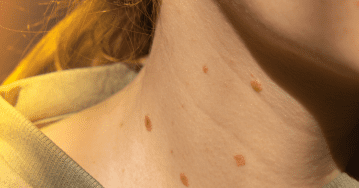
SRT vs. EBX: Choose Your Non-Invasive Skin Cancer Treatment
If you have non-melanoma skin cancer, you want to explore the most effective treatment options to eliminate the malignant cells while minimizing damage to surrounding healthy tissue. Two...
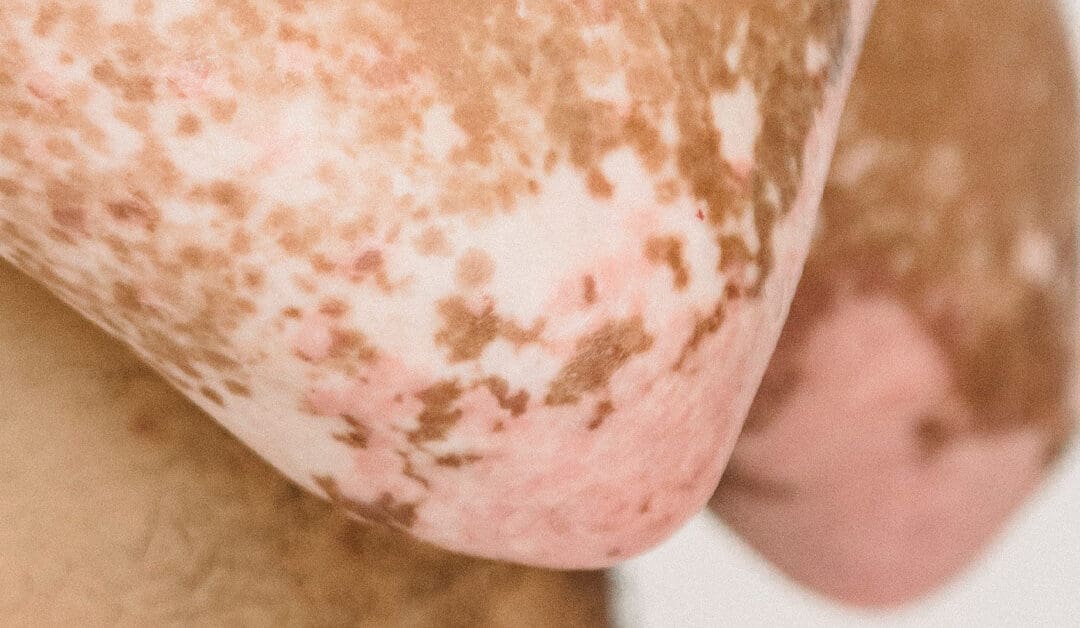
Nine Skin Cancer Sites Hidden in Plain Sight (Where to Look)
Like how a rash can appear anywhere on your body, skin cancer – although more dangerous and unpredictable than other skin problems – can also emerge on any part of your body. Malignant lesions can...

EMSCULPT NEO – Sculpting the Future of Body Contouring
In the ever-evolving world of aesthetics and body contouring, a revolutionary procedure called EMSCULPT NEO has been making waves. This innovative treatment combines the power of both...
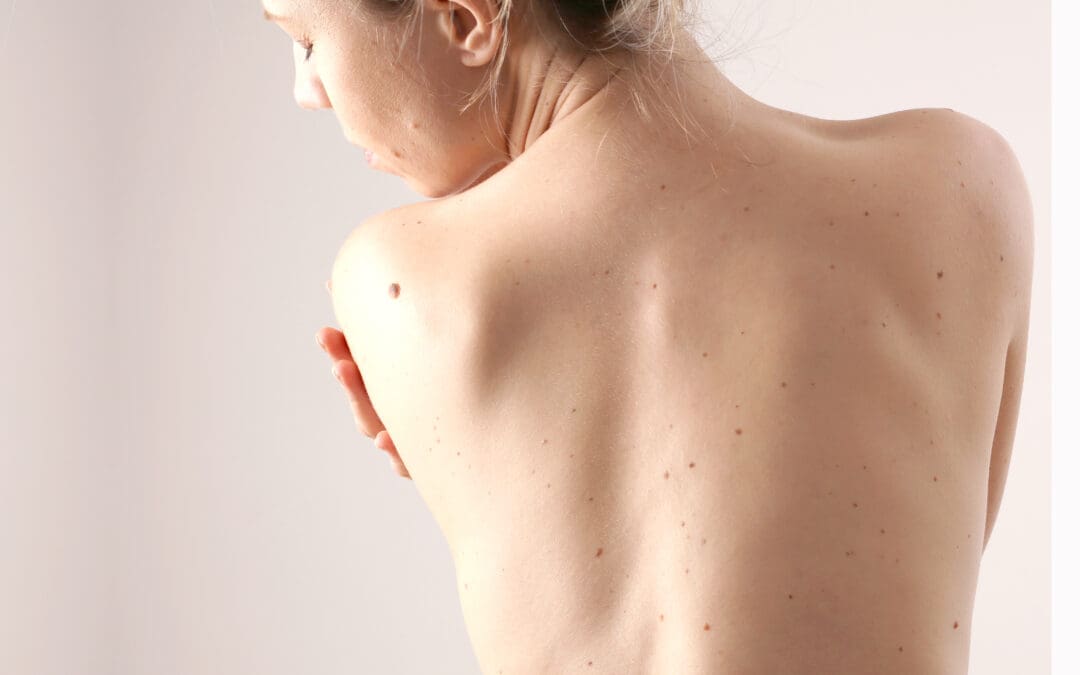
Choosing the Right Skincare Products for Your Skin Type
Beautiful and healthy skin is a reflection of proper skincare, and choosing the right products tailored to your specific skin type is paramount. With a multitude of skincare products available in...

Rosacea 101
Understanding Symptoms, Triggers, and Effective Therapies Rosacea is a common yet often misunderstood skin condition that affects millions of people worldwide. Characterized by redness, visible...
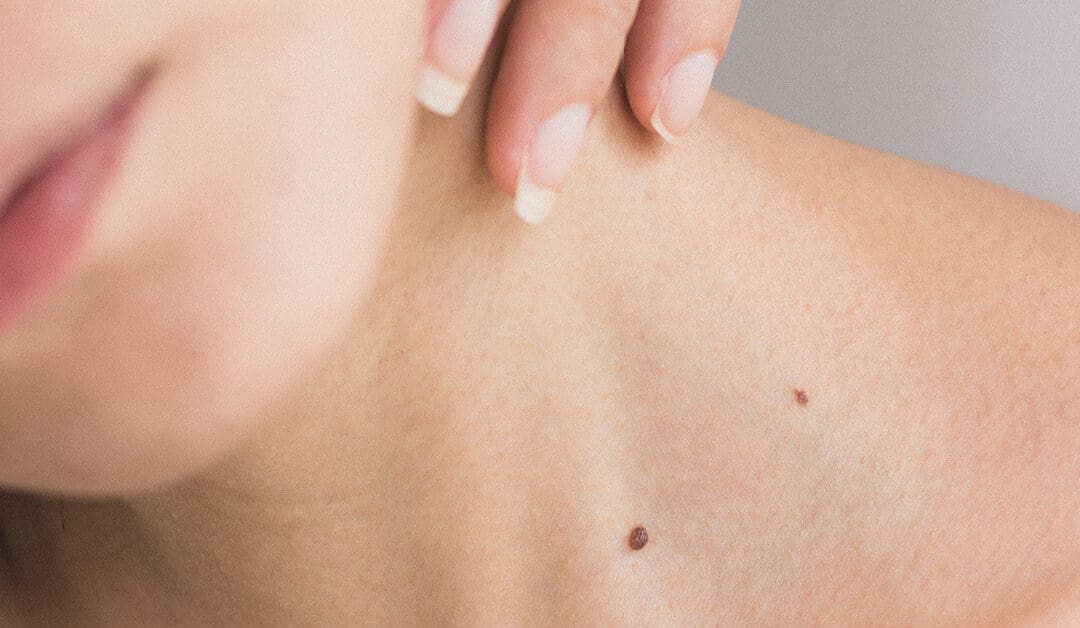
Crossing the Bridge Between High Blood Pressure and Psoriasis
One affects the heart; the other impacts the skin. Despite their seemingly unrelated nature, clinical researchers uncovered a link between high blood pressure and psoriasis. Exploring the...
